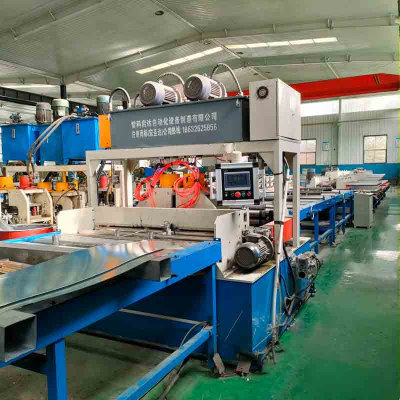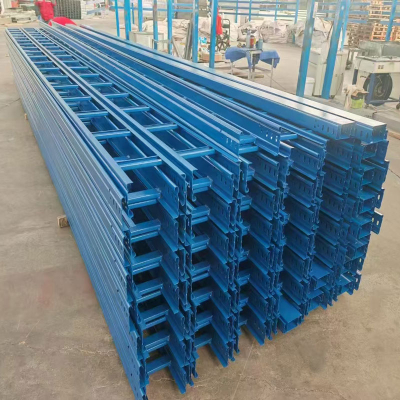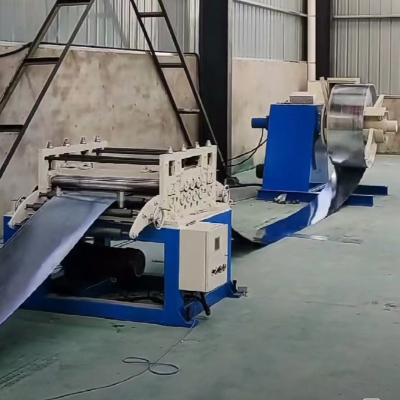China's Modern Science And Technology Injects New Vitality Into Traditional Agriculture
Xinhua News Agency, Lanzhou, February 1 (Reporters Song Changqing, Zhang Wenjing, Zhao Yihe) When modern technology meets traditional agriculture, what kind of sparks will be produced? Explorations in many places in China have given us the answer: fields are rich in fruits and agricultural development is full of vitality.
A biopesticide made from traditional Chinese medicinal materials and combined with modern biopharmaceutical technology is being promoted and applied in more than ten provinces including Gansu, Shaanxi, Sichuan, Yunnan, and Fujian. It is widely used in the cultivation of vegetables and Chinese medicinal materials. The area has reached Nearly 3.6 million acres.
This biopesticide was developed by the Natural Medicine Development Institute of Lanzhou Jiaotong University. Professor Shen Tong, the head of the institute, said that biopesticides are the investment and development direction of large global chemical pesticide and biotechnology companies. Compared with chemical pesticides, biopesticides are natural pesticides, which can not only effectively prevent and control crop diseases and pests, but also protect food safety and the agricultural environment.
"Take leaf spot, a common disease of celery, as an example. If it is not prevented in advance, it will seriously affect the yield of celery and the economic benefits of vegetable farmers." Shen Tong said that in recent years, they have conducted research in solar greenhouses in Wuwei City, Zhangye City, and Jiuquan City, Gansu Province. The use of biopesticides on tomatoes and peppers prevents tomato gray mold and pepper powdery mildew from occurring or makes them less likely to occur. The tomatoes and peppers produced have good fruit shape and an average yield increase of more than 10%.
With the help of modern technology, traditional agriculture has become more intelligent and beautiful. Baiyinong International Flower Port Co., Ltd., located in Linxia City, Linxia Hui Autonomous Prefecture, Gansu Province, Western China, has built a 200,000-square-meter high-tech smart greenhouse specializing in the production of fresh-cut roses.
In the factory, pink LED lights hang above the roses. This supplementary light technology can adjust the light source according to the different growth stages of roses to improve the growth speed, quality and yield of roses. The centrally heated natural gas boiler room can collect the carbon dioxide emitted when natural gas is burned and discharge it into the greenhouse, promoting the roses to better complete photosynthesis and achieving zero emission of carbon dioxide.
Li Zetian, deputy general manager of the company, said that the application of technology in flower planting has effectively improved the yield and quality of flowers. The company produces an average of about 200,000 fresh-cut roses every day, creating employment for more than 500 local people.
The integration of modern technology makes traditional agriculture more efficient and convenient. As a traditional agricultural country, China has attached great importance to research on agricultural mechanization and automation in recent years in order to solve the problem of rural labor shortage.
At the Diantian Farm in Tinglin Town, Jinshan District, Shanghai, a "post-00s" engineer held a remote control and "walked" on the field ridge in tandem with the robot. From a distance, it looked like they were "grazing" a horse. "tractor".
Wang Jinyue, chairman of the Shanghai Diantian Agricultural Professional Cooperative, and his team members have developed a variety of agricultural robots, covering every aspect from sowing to harvesting. For example, through 5G, image recognition technology and big data systems, the picking robot they developed can calculate the distance between the crop fruits and the robot in seconds, and transmit relevant instructions to the robot arm to achieve rapid picking; the weeding robot they developed can The robot can accurately distinguish between grass and crops, and can also direct the weeding knife to remove weeds. The large robot can weed about 500 acres a day.
Wang Jinyue believes that the traditional agricultural production model faces many challenges. The digital transformation of agriculture has changed the past manual labor methods and the production structure of traditional farms, effectively making up for the lack of employees.
To build a strong agricultural country, the most powerful tool lies in science and technology. According to data from the Ministry of Agriculture and Rural Affairs, China’s agricultural science and technology progress contribution rate will reach 62.4% in 2022, and the comprehensive mechanization rate of crop farming and harvesting will reach 73%.
Cao Zhengwei, deputy director of the Rural and Regional Development Strategy Research Center of the New Rural Development Institute of Shanghai Jiao Tong University, believes that China's achievements in the field of agricultural machinery technology not only reflect its rich production experience and advanced technical level, but also provide valuable products to countries around the world. Learn from experience. By adopting China's agricultural machinery technology, these countries can reduce their dependence on human resources, improve the automation and labor productivity of agricultural production, and effectively alleviate the production pressure caused by labor shortages.



